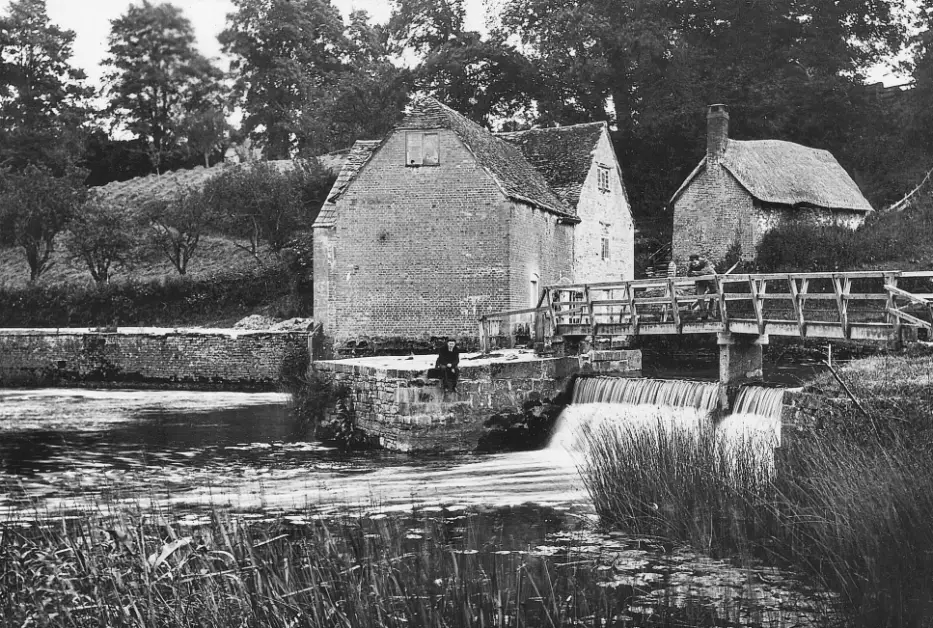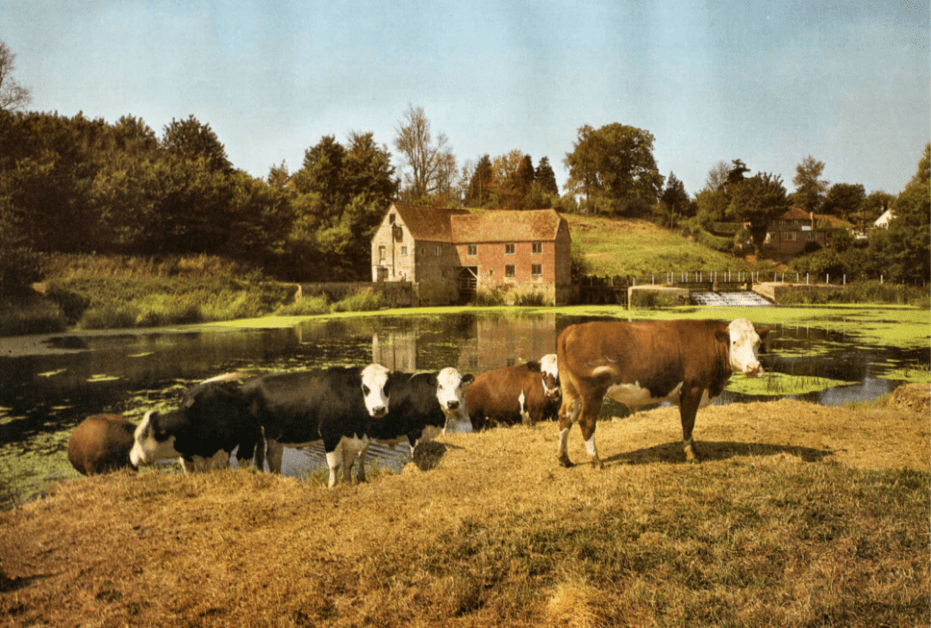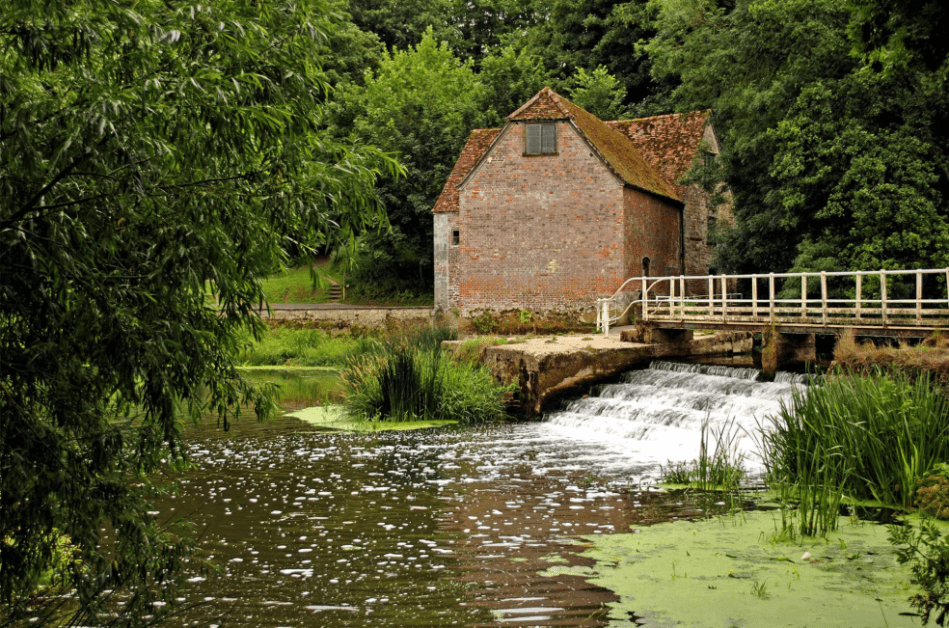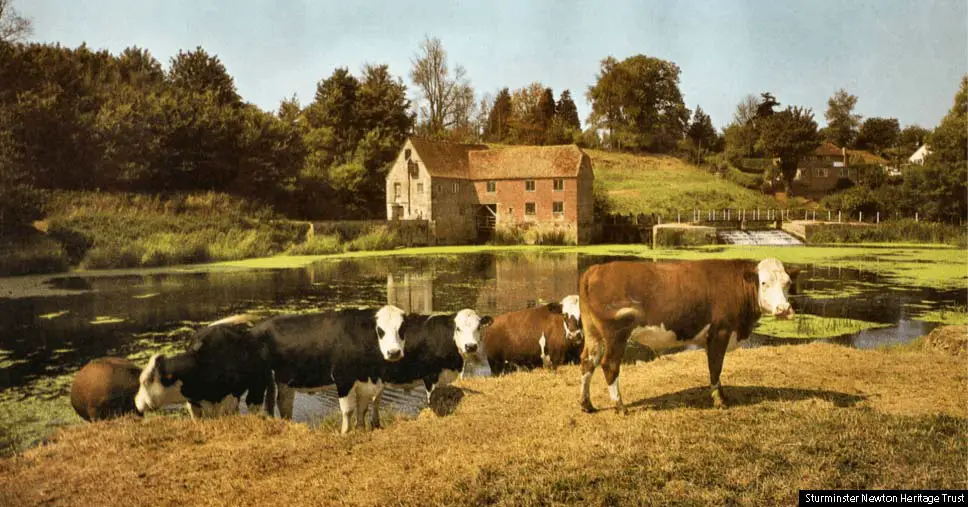As many countries are currently under a stay-at-home regime, people have been purchasing much more flour than usual. This revelation particularly affects the UK, according to the National Association of British & Irish Millers (NABIM).
In order to help meet the increased demand, an ancient English flour mill, usually operating as a tourist attraction, resumed commercial production for the first time in decades.
The Sturminster Newton Mill existed back in 1016, on the dazzling banks of the River Stour in North Dorset.

There is evidence it was built more than a thousand years ago, in Saxon times, and was recorded in the Domesday Book in 1086, where four mills in the Sturminster area are mentioned. The mill was reportedly renovated in 1566, a few years before Queen Elizabeth I took to the throne. In 1994, then they shut down the Sturminster Newton Mill, they turned it into a museum run by the Sturminster Newton Heritage Trust, as Smithsonian Magazine reveals.
Usually, millers Pete Loosmore and Imogen Bittner operate the ancient tourist attraction for a total of two days per month. They produce just enough flour for their visitors, as BBC reports. However, when the millers learned of the flour shortages in grocery stores across the UK, they realized their water-powered mill could make a real difference.
Pete Loosmoore shared with CNN:
“We were set to open for the season when the coronavirus hit. Our first reaction was we have to close down and pack up. But we realized that many local shops had no flour in them and people were desperate for it.”
To the Post, he said that they had ‘a stock of good-quality milling wheat and the means and skills to grind it into flour’, so they decided to help meet the growing demand.
Currently, Sturminster Newton runs on a 25-horsepower water turbine installed in 1904. When fully operational, it could produce 66 pounds of bread flour daily.

Only in April, the water mill provided over a ton of wheat, which is usually what they produce for a whole year for the tourists.
Mr. Loosmoore shares they’re still ‘chasing more and more grain’. Moreover, the Sturminster Newton Mill has already sold hundreds of three-pound bags of artisan flour. The profit is being invested back into the mill, making up for the loss they experienced as they were forced to stop operating due to the coronavirus pandemic.

Both Pete and Imogen are grateful they can spend their days in a mill that has provided for its community for over a millennial. Bittner shares:
“It’s like stepping back to an earlier way of life, where power was harnessed naturally and without pollution. It’s good to see that the old mill can rise to the challenge.”


